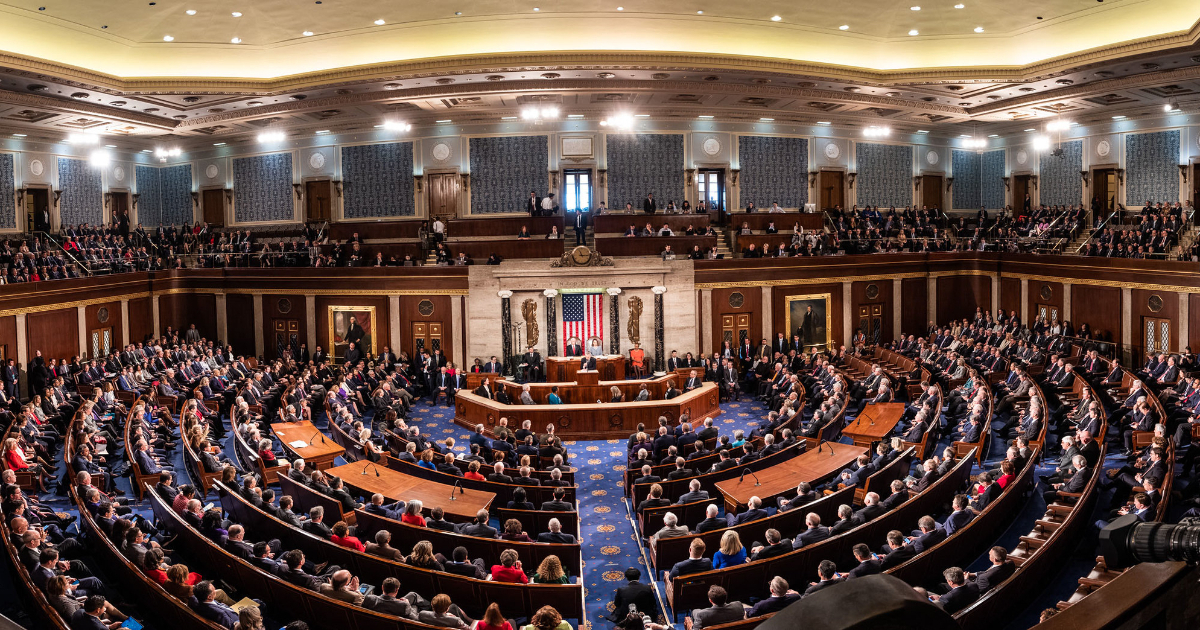The U.S. Congress reignited discussions on Wednesday regarding the longstanding embargo on Cuba, a policy that has historically divided Democrats and Republicans. While some argue that the embargo tarnishes Washington's reputation, others advocate for intensifying the sanctions.
During a session of the Subcommittee on Global Health, Human Rights, and International Organizations, Republican Congressman Christopher Smith condemned the Cuban government as one of the "most repressive and brutal regimes in the world." He emphasized its ties with China, labeling them a threat to U.S. national security, as reported by AFP. Smith suggested that doubling the sanctions could exert more pressure on the regime.
Backing Smith's stance, former Cuban-American Congresswoman Ileana Ros-Lehtinen asserted that maintaining the embargo is "the right thing to do," accusing the Cuban government of misappropriating resources meant for its citizens for other purposes.
For María C. Werlau, director of Archivo Cuba, authoritarian regimes do not respond to dialogue, thus reinforcing sanctions and garnering international support to further isolate Cuba is necessary. She compared this strategy to the international efforts that led to the end of apartheid in South Africa.
Conversely, Democrat Susan Wild questioned the embargo's effectiveness, arguing that the isolation policy has failed to improve the lives of the Cuban people. According to Wild, the current approach "only serves to further alienate Cuba from the promise of a free society."
Juan Pappier, a representative from Human Rights Watch, described the embargo as counterproductive. He argued that it has provided the Cuban government with a scapegoat for its economic failures and human rights abuses, while also garnering international sympathy. Pappier suggested gradually replacing the embargo with targeted sanctions against those responsible for human rights violations and promoting a multilateral approach.
The debate comes just weeks before President-elect Donald Trump assumes office with a Republican majority in both chambers of Congress. His appointment of Marco Rubio as the head of diplomacy suggests a possible hardening of sanctions against Cuba.
Despite this, the outgoing administration of Joe Biden has made it clear that it does not intend to change its policy towards Cuba before the end of its term on January 20. According to Secretary of State Antony Blinken, there will be no alterations in Cuba's designation as a state sponsor of terrorism or the associated sanctions.
The embargo, in place since 1962, remains one of the most contentious issues in U.S. foreign policy. In 2015, under President Barack Obama, a historic rapprochement was achieved, which included removing Cuba from the list of state sponsors of terrorism. However, in 2021, Donald Trump reversed these measures, intensifying sanctions, a policy the Biden administration has upheld.
Key Questions About the U.S. Embargo on Cuba
Why is the embargo on Cuba a topic of debate in the U.S. Congress?
The embargo has been a contentious issue that divides opinions, with some viewing it as damaging to the U.S.'s image and others seeing it as a necessary measure to pressure the Cuban government.
What are the arguments for maintaining or intensifying the embargo?
Proponents argue that the Cuban regime is oppressive and that increased sanctions could force change by isolating it further internationally.
What are the criticisms of the embargo on Cuba?
Critics claim the embargo has failed to improve conditions for the Cuban people and serves as an excuse for the Cuban government to justify its failures.
How has the U.S. policy towards Cuba changed over recent administrations?
Under Obama, there was a move towards reconciliation, which Trump later reversed by reinstating tougher sanctions, a stance maintained by Biden.
